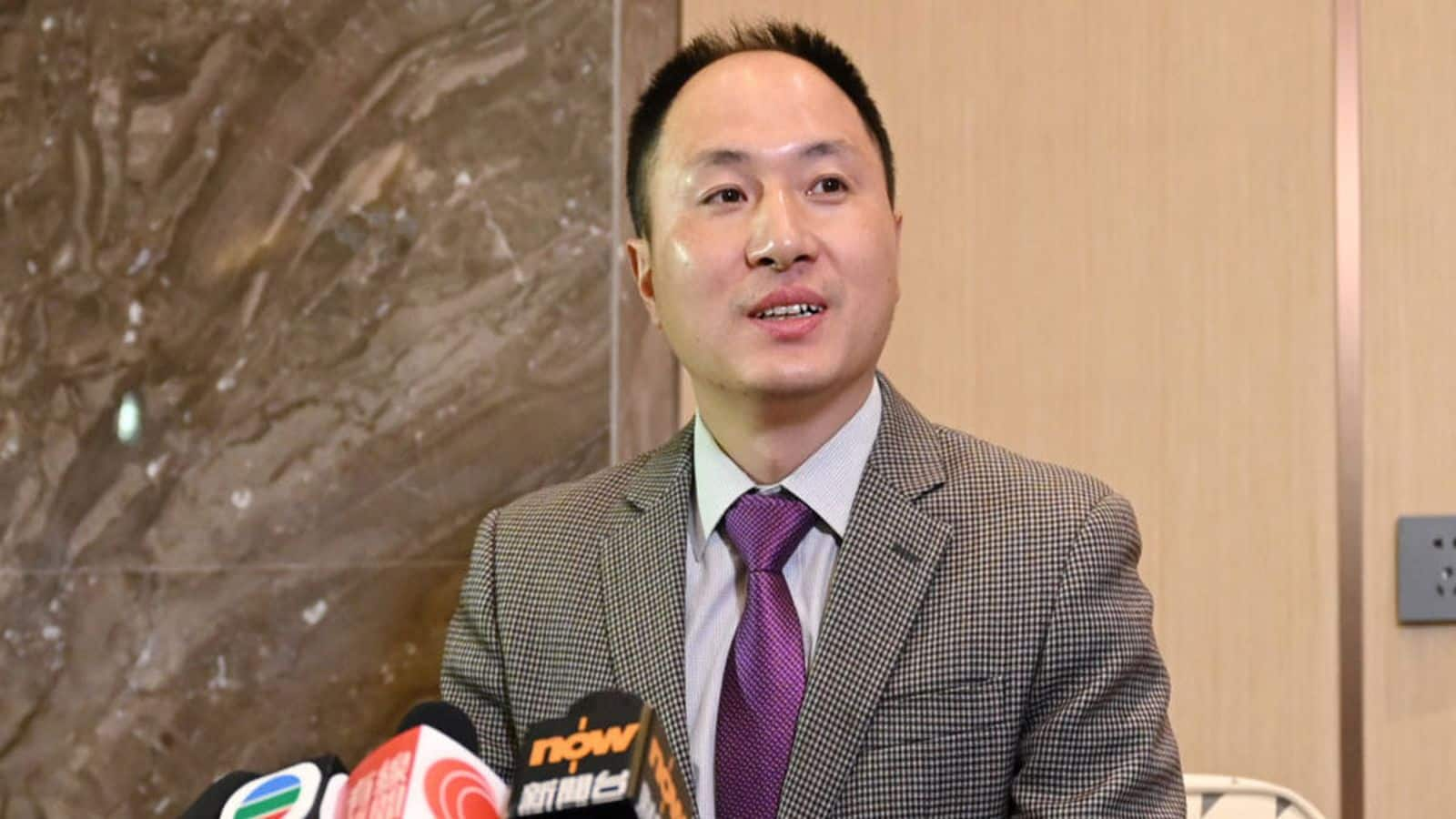
Scientist resumes human embryo gene-editing research following release from prison
What's the story
He Jiankui, the Chinese scientist who caused a global uproar in 2018 by using CRISPR technology to modify human embryos' DNA, has resumed his research after serving a three-year prison sentence. Convicted in 2019 for violating medical regulations, Jiankui's experiments were widely criticized by scientists, ethicists, and regulators for significant scientific and ethical violations. Now eighteen months post-release, he is once again working on gene editing in human embryos.
Goals
New focus: Treating genetic disorders
In an interview with Japanese newspaper Mainichi Shimbun, Jiankui confirmed his plans to use discarded human embryos for his research, promising to strictly adhere to national and international guidelines. He dismissed rumors about a repeat of the 2018 incident involving the birth of gene-edited twin girls. His current research aims to treat genetic disorders like Duchenne muscular dystrophy as well as familial Alzheimer's disease through gene-editing techniques applied to human embryos.
Health update
The scientist asserts gene-edited children are healthy
Jiankui has stated that the twin girls and a third child born in 2019, all of whom had their genes edited prenatally, are "perfectly healthy and have no problems with their growth." In his conversation with Mainichi Shimbun, he revealed that an analysis showed "there were no modifications to the genes other than for the medical objective," offering evidence that genome editing was safe. Despite facing backlash for his research, the scientist expressed minimal remorse for his previous work.
Future prospects
Jiankui optimistic about future of gene editing
Since his release from jail, Jiankui has resumed his gene-editing research in three laboratories. He is hopeful that his work will contribute to treatment procedures for rare genetic disorders. Assuring that his current research strictly adheres to ethical norms and regulations, he stated, "I'm proud to have helped families who wanted healthy children." He believes that "society will eventually accept" such genetic engineering in the future.